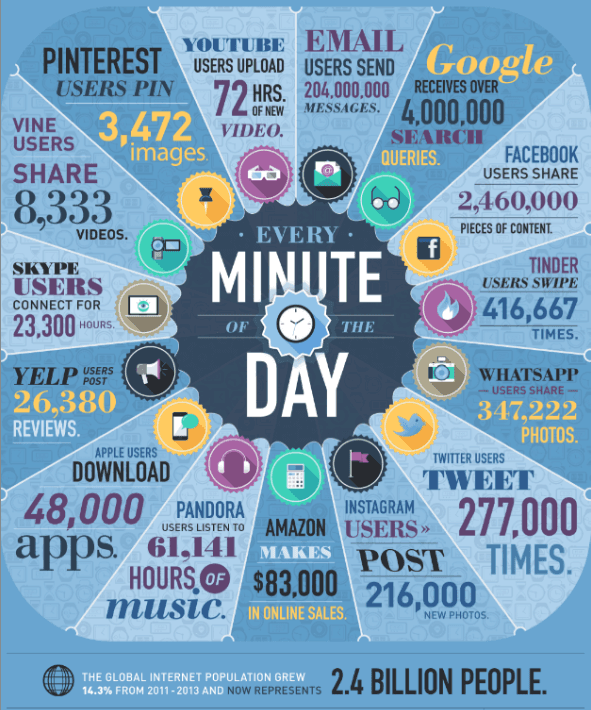Press Release
Does Artificial Intelligence really help?
First of all, where are we today? I believe that regarding applied Artificial Intelligence, we are really just at the beginning. To give a more concrete reference, I think we are still in the "Technology trigger" phase of the Gartner Hype Cycle, with the "Innovators" group of the Diffusion of Innovations Theory by Rogers still predominantly active.
But how? – you might think. Since the times of Mary Shelley with her Frankenstein Monster, the concept of intelligence created in a lab has permeated mainstream literature. How is it possible that in more than 2 centuries we haven't advanced in its adoption? In reality, it is possible simply because today we can add the word "applied" to "Artificial Intelligence." This makes all the difference in the world.

The (incomplete) democratization of AI
I don't know if it's clear. We have gone, as is often the case, from Science Fiction to Applied Science, passing through decades of active and widespread research.
The research activity should not be understood as purely "technical." It started in 1956 with the famous seminar at Dartmouth College in Hanover. The internet, and especially the Cloud since 2010, have instead allowed us to unlock research activities also on the business side, finally making AI accessible to innovators.
I pride myself on being part of this group of people since 2017, the year in which, together with my partner Fabrizio Milano d’Aragona, we shaped FinScience, exploring the first architectures and services available at that time (all much more expensive than today's!). However, artificial intelligence was not among these. It had to be built in-house. Piece by piece (when it went well, library by library).
This experience taught us how complex the research activity was and how challenging it was to implement even just a few Machine Learning algorithms. Not to mention wanting to delve into the intricacies of Deep Tech! We had to give it up right away, again due to costs. Imagine that after about a year and a half of research, along with my current partner Angelo Cavallini, we managed to set up an infrastructure that cost 10 times less compared to many of the SaaS of that time dealing with Big Data.
Why do I mention this? Because even today, despite a significant decrease in costs, those who want to seriously approach the topic of Artificial Intelligence must prepare to pay for it. And with the entire industry still practically in its infancy, it will not be that accessible (even now open source models like Llama must still be implemented, activated, and maintained).

Artificial Intelligence in Startup Bakery
Only those who have really tried to get hands-on know how complex and burdensome the topic is. That's why my partner Angelo and I have immediately considered making Startup Bakery the centralized hub for AI research for all the startups in our group.
We conduct research and selection of algorithms, libraries, projects, applications, and services that constitute a framework ready to be integrated into our B2B SaaS through a simple layer of proprietary APIs.
Given the experience, we categorically excluded from the start any focus on Deep Tech. Not because we wouldn’t want to (quite the opposite!), but because to seriously engage in Deep Tech really requires a lot of funding. To clarify, we're talking about millions in pre-seed and dozens or hundreds in seed. Funds that here would be complex to raise even at a centralized level, let alone for each startup!
The best way to stay updated on any topic that is not purely theoretical is to put it into practice: for this reason, we have also developed our own proprietary SaaS, QuSeed. It serves as valuable support for monitoring the world of innovation. QuSeed combines structured data from investment rounds with unstructured data from the information world and processes it using proprietary Artificial Intelligence algorithms. As a result, we have a useful support for generating or validating business ideas, but above all a sandbox for experimenting with innovations in AI.
The importance of data
One piece of advice for those navigating the topic this month: don't just focus on the output, but always start by selecting the best input based on the output you would like to achieve.
All those like me who have consulted in the data field, as far back as 2012-2013, have set up slides showing the volume of content production per minute online for each platform. Even at that time those slides were used to sell consulting in the area of digital intelligence, positioning data as "The new oil."

Artificial Intelligence has enhanced the value of data, because without data, it is useless. And with incorrect or "dirty" data, it often becomes harmful. For example, when you see newbies in AI joking about the output of ChatGPT because it doesn't return accurate information, the problem doesn’t lie so much in the stupidity or intelligence of the model, but rather in the model's capacity to acquire and process quality data.
As you may have understood, the learning curve for exploiting AI dynamics is really steep.
An AI ready for use
In light of the above, how long do you think it would have taken our Condeo to develop in-house a model for the building administrator that allows for the automatic prioritization of requests and reports from residents, based on the content and tone of the messages?
And how long would it have taken just to scout the right library or the best service to expand and integrate? Because while it’s true that AI is ready for use, one must always know how to evaluate its performance.
Indeed, not all libraries or services are the same; some are more "accurate" than others, but perhaps the implementation of a precise model greatly increases variable costs, meaning that second-best solutions must be found, which in most cases means extending or customizing existing solutions.
However, it’s not guaranteed that a model that works well for Condeo will work just as well for Sencare, Veterly, or EsgMax. Can you guess the reason? Exactly. Data again.
At Startup Bakery, we constantly churn through a large volume of scientific papers and try to replicate the results with real data before deciding which AI service is best for each use case. And this, if the team does not include at least one Data Scientist and one Data Engineer, is simply impossible.
It’s a kind of magic
Even with the right team in place, the work behind the simple use of "ready-to-use" Artificial Intelligence, like various ChatGPT, Llama, Bard, Bert, etc. is considerable. The fact that for our startups it involves a simple API call makes it all seem like a sort of magic.
However, we are getting closer to the moment when AI will truly be useful (and not just available) even to the wider group of Early Adopters, as those tinkers from Innovators have produced a lot of use cases, which have made this world a bit more magical.
The more useful and applicable this magic becomes, the more we will talk about the "artificialization" of sectors rather than mere "digitalization." For sectors that are not yet digitized, it is a concrete opportunity not only to recover a gap but to make a real evolutionary leap.
The near future
As a reader of Harari, my hope is that we do not exaggerate in the evolution towards Homo Deus. Although this evolution is already in place and will only be stoppable in the face of extremely unfavorable geopolitical scenarios.
However, hoping that everything remains more or less the same, 2024 will be the year when the use cases will consolidate and be applied by an increasing number of companies and sectors, likely through Open Innovation. From 2025 onward, we should see the first sifting of subjects who are already trying to ride the hype without really having the skills, followed by ever-increasing cyclical "leaps" in Artificial Intelligence that will require less and less time to demonstrate their utility in concrete applications that improve the society we live in.
As you know, at Startup Bakery we are proponents of Sustainable Innovation since the beginning. And innovation related to the AI world (and data) is definitely an innovation that is needed. For everyone. Since yesterday.

Startup Bakery is the Italian startup studio specializing in the creation of SaaS B2B companies with Artificial Intelligence. We offer aspiring Co-Founders the opportunity to develop a business idea. We create investment opportunities for Professional Investors. We help companies in the innovation process.




